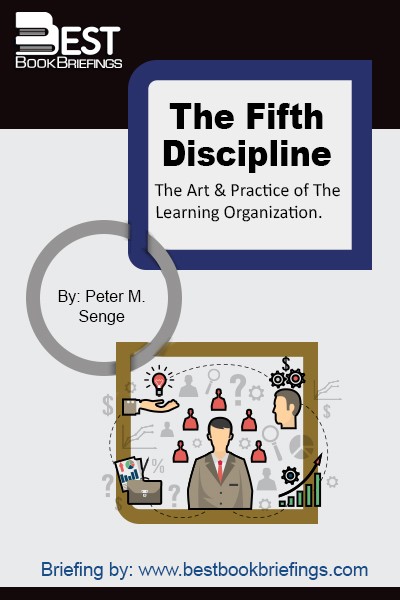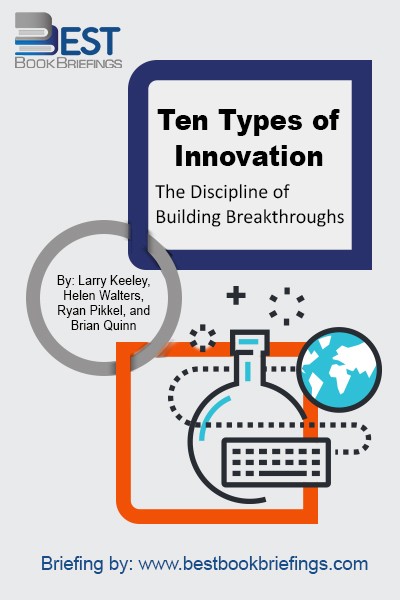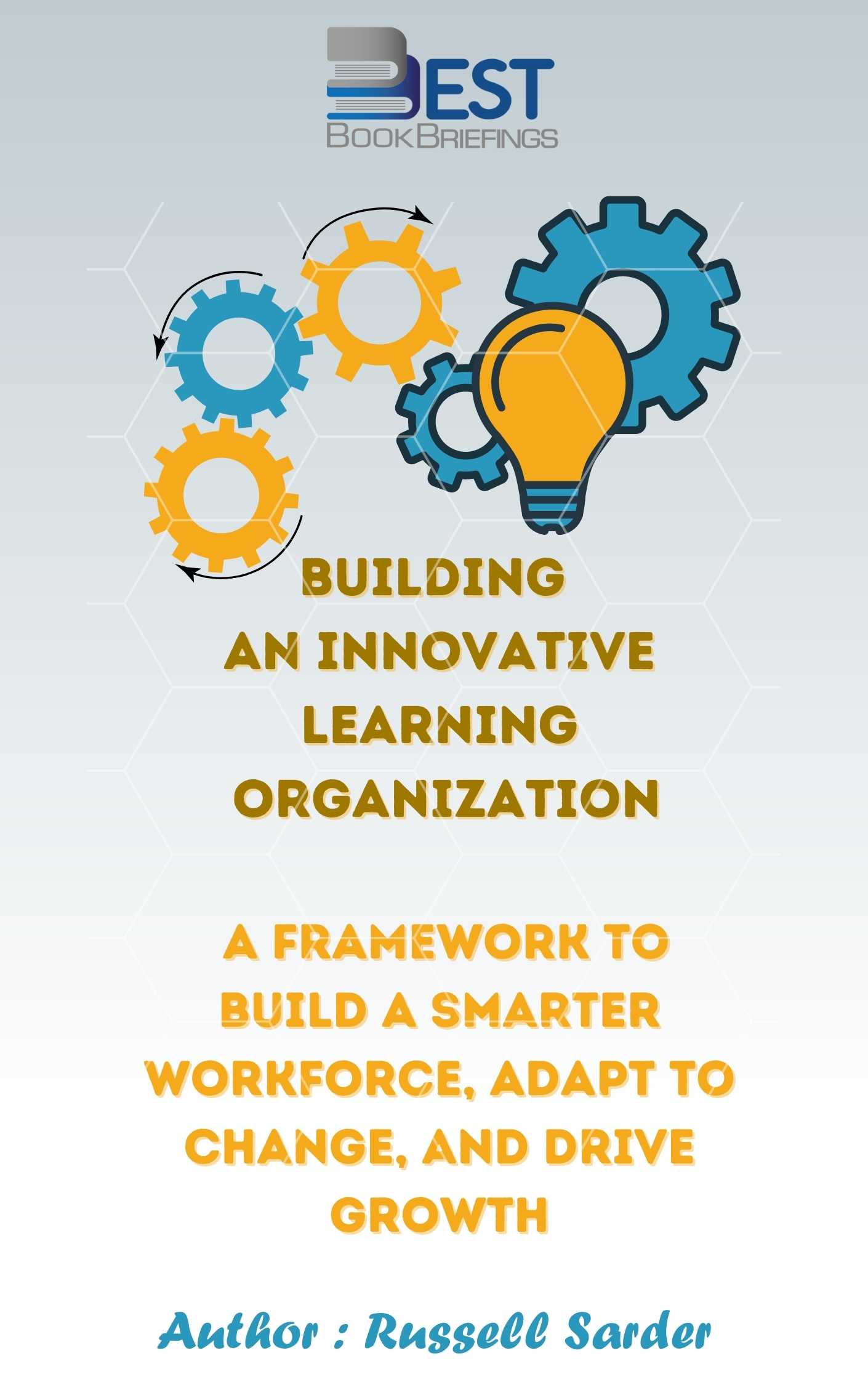Building an Innovative Learning Organization
A Framework to Build a Smarter Workforce, Adapt to Change, and Drive Growth
Number of pages: 288
Publisher: Hoboken, New Jersey: John Wiley & Sons, Inc.
BBB Library: Creativity and Innovation
ISBN: 978-1-119-15745-8
Editorial Review
Learning organizations are composed of engaged, motivated employees who continually seek improvement, which leads to organizational agility and the ability to innovate ahead of the curve. This book is a practical, actionable guide on how to boost performance, successfully manage change, and innovate more quickly. Written by a recognized thought leader in the training industry, this informative and insightful guide is your roadmap to a more effective organization. You will discover how to attract, retain, and motivate the best employees; become a more innovative and agile organization; create a culture of continuous self-improvement; and encourage learning at all levels and translate it into action.
Book Reviews
Books on Related Topics

The Fifth Discipline by Peter Senge was initially published in 1990 and it was widely received and recognized as one of most influential business books. In 1997, the book was identified by Harvard Business Review as one of the seminal management books. It is a bestselling classic that helped revolutionize the

Too often, innovation is reduced to a series of brainstorming sessions. Here’s the problem; evidence shows that such techniques do not actually lead to better outcomes. A number of years ago, we researched innovation efforts in industries such as manufacturing and services. A full 95% of these efforts failed. A glance around



